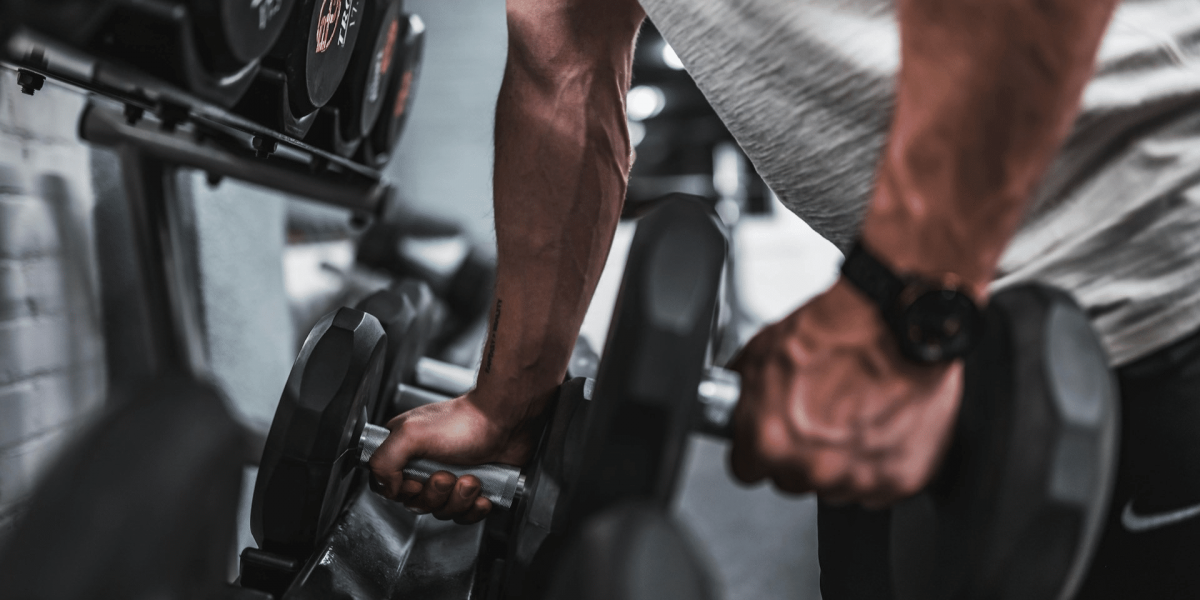When it comes to athletic performance and physical conditioning, weight training has long been considered a staple of training regimens for athletes across various sports. However, there is a growing recognition among sports scientists and coaches that weight training may not always be the best approach for improving athletic performance and achieving optimal results. In this article, we’ll explore the reasons why weight training isn’t always beneficial for athletes and why alternative training methods may be more suitable for certain individuals and sports.
1. Specificity of Training
One of the key principles of athletic training is the principle of specificity, which states that training adaptations are specific to the type of training stimulus applied. While weight training can improve strength and muscle mass, it may not necessarily translate to improvements in sport-specific skills and performance. Athletes who focus exclusively on weight training may neglect the specific skills, movements, and energy systems required for their sport, leading to suboptimal performance on the field or court.
2. Risk of Injury
Weight training, particularly when performed with heavy weights and improper form, carries a risk of injury for athletes, especially those who are inexperienced or have underlying physical limitations. Common weight training injuries include muscle strains, ligament sprains, joint pain, and overuse injuries, which can sideline athletes and impede their training progress. In sports where agility, speed, and flexibility are paramount, excessive muscle bulk from weight training can also increase the risk of injury and impair athletic performance.
3. Imbalance and Overdevelopment
Another potential drawback of weight training for athletes is the risk of muscle imbalances and overdevelopment of certain muscle groups. Many traditional weight training exercises target specific muscle groups in isolation, leading to imbalances between agonist and antagonist muscles and contributing to biomechanical dysfunction and movement deficiencies. In sports that require balanced strength, coordination, and functional movement patterns, excessive muscle bulk from weight training can hinder performance and increase the risk of injury.
4. Diminished Athletic Skills
Athletes who prioritize weight training over skill development may experience a decline in their athletic skills and sport-specific abilities over time. While weight training can enhance strength, power, and muscular endurance, it may not directly improve skills such as speed, agility, coordination, and proprioception that are critical for success in many sports. Athletes who neglect skill training in favor of weight training may find themselves outmatched by competitors who prioritize sport-specific training and skill development.
5. Individual Variability
Not all athletes respond to weight training in the same way, and individual variability plays a significant role in determining the effectiveness of a training program. Some athletes may benefit greatly from weight training and experience substantial gains in strength and performance, while others may not respond as favorably and may even regress in their athletic abilities. Factors such as genetics, training history, biomechanics, and injury history all influence how athletes respond to weight training and whether it enhances or detracts from their performance.
6. Alternatives to Weight Training
For athletes who may not benefit from traditional weight training or who are looking for alternative training methods, there are several options available that can help improve athletic performance and achieve training goals. These include plyometric training, agility drills, speed work, flexibility exercises, sport-specific drills, and functional movement training. By incorporating a variety of training modalities into their programs, athletes can address their individual needs and weaknesses while enhancing overall athletic performance and reducing the risk of injury.
Finding the Right Balance
In conclusion, while weight training can be a valuable component of an athlete’s training program, it isn’t always beneficial for everyone and may not be the best approach for improving athletic performance in certain situations. Athletes and coaches must consider the specific demands of their sport, the individual needs and abilities of the athlete, and the potential risks and benefits of weight training when designing training programs. By taking a holistic approach to athletic development and incorporating a variety of training modalities, athletes can maximize their potential, minimize the risk of injury, and achieve success on and off the field.







